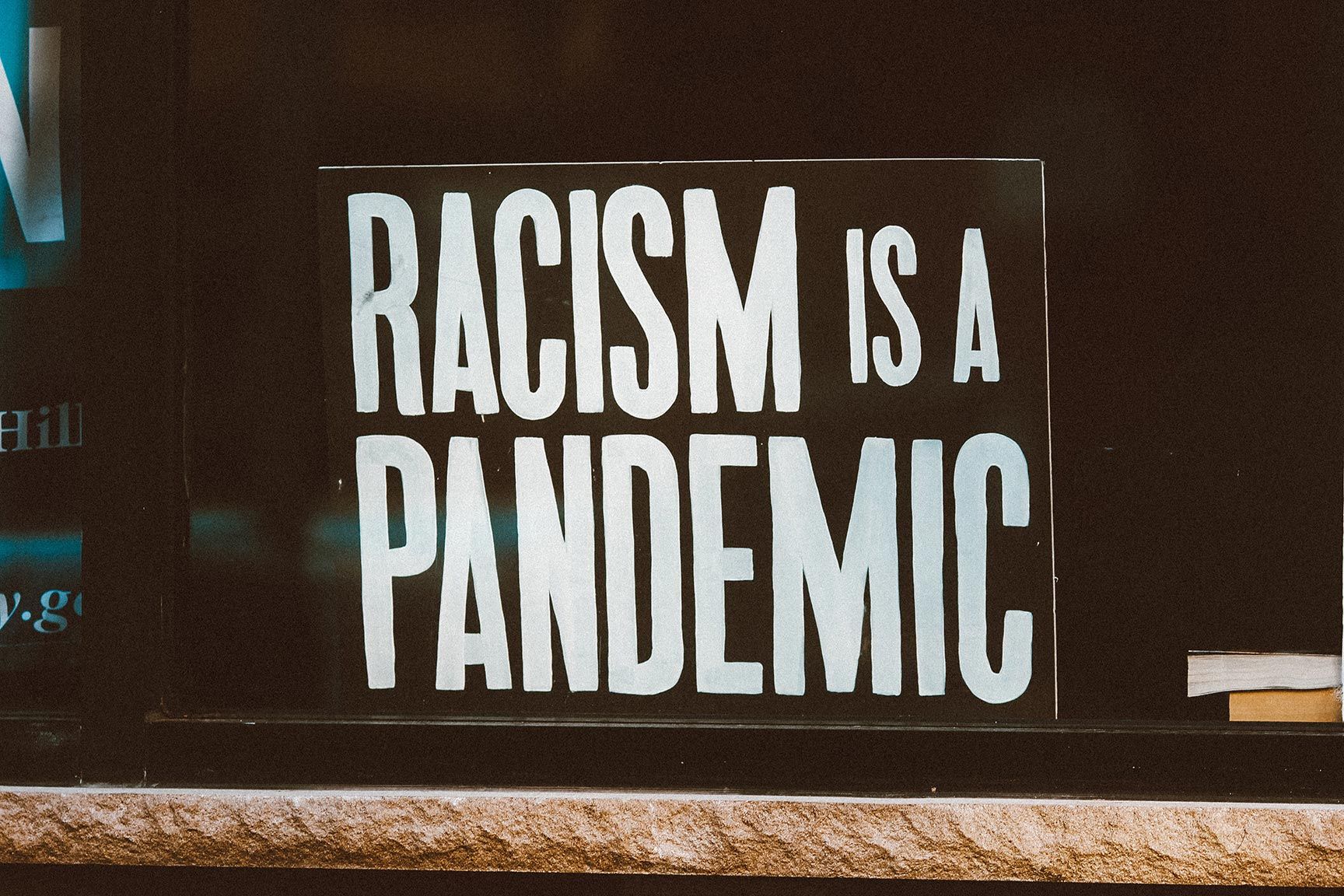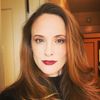Talking to kids about race

Lots of folks are asking how to talk to their kids about race. One of the simplest and most effective tools I use is to ask, “who is missing here?”
It’s a simple question that I ask her often, mainly when we’re reading or watching shows or movies. We take a moment to notice the makeup of the characters, and how it differs from what we know from looking at the real world with our own two eyes: Dang, the books & movies & shows sure have a TON more white male characters than we actually see in the real world! And the female or non-white characters are too often not there, or if they are, they aren’t really full characters.
Even a very small child can see that’s all wrong, and weird, and downright creepy when you think about it, but you probably don’t because who wants to feel creepy? But I’d far, far rather Wanda sees it’s creepy than absorb that creepy picture as okay. Ew.
So she notices, OH BOY she notices. It’s always the first note in her review of whether she liked something we watched: if there aren’t Black characters or female characters, she calls it out and doesn’t like it. If they’re there, but the characters seem one-dimensional, she calls it out and doesn’t like it. If there’s just one Black character, she can see what’s going on there, kids aren’t dumb. She’s increasingly expanding to notice a lack of Latino, Asian, Oceanic, indigenous characters, too. She gets SUPER HAPPY when there is fair representation. A smart, Black woman driving a story? She’s SO into it.
We do the same thing when we’re learning non-fiction, especially history. Whose story are we hearing, and whose story is missing? In Ancient Egypt, pharaohs controlled the scribes and the carvers, and sometimes they destroyed the record of the pharaohs before them. We’re getting a record of just one person’s point of view, and it’s the one with the most power. But for that one person, there are THOUSANDS others whose stories are gone. It takes far more effort to try to piece together what it was like for a farmer or enslaved person in Ancient Egypt, and we only guess at their opinions, but we need to try. I explain to Wanda that this imbalance of power impacting the stories we hear continues through all of history, and it takes extra effort to think about what is missing and try to fill it in as best we can. Otherwise we’re just hearing what the pharaoh wanted us to know about him, and you KNOW he’s distorting the truth to make himself look good.
We keep this lesson in mind constantly as we learn about history. When we ask who is missing, over and over, it’s the people who were already settled in a spot before new folks arrived. Indigenous people. How can a story be told about dramatic developments happening in a land that has already had people in it for thousands of years, and not really dig in to what they thought of it? That is weird. Come on, that’s weird.
And when there’s a reference to the Black people who were captured in Africa and enslaved in the Americas, STILL our history books seem to think of them and talk of them as property, and not humans who deserved to have agency. It’s gross. It takes effort to undo. So we pause and talk about their hopes and dreams and lives and feelings. We look for books that tell their stories.
Wanda sees what should be obvious: this planet has as many stories as it has people, and those people come in a spectacular array of variety, and yet our stories are continually drowned about by yet more stories with white men front-and-center. IT’S SUPER WEIRD, Y’ALL. It’s obviously out-of-whack. It’s a steady stream of evidence she can see with her own two eyes that people of color, and women, are being treated very differently, in a bad way. At the age of seven she is OVER IT and is bored with your white male stories and history and wants more variety.
Because she’s constantly noting what’s missing, and calling it out herself, I’m hoping she has a better foundation for learning about history, and about race, than I did. She’s ready to do some important work: recognize that there’s a lot missing in our history books, to not take the dominant narrative at face value, believe there is more to learn, and that everyone’s story needs telling.
(Some folks in my friends circle are content creators: please heed Wanda’s call, she is on to the world’s bullshit and it’s past time to broaden the perspectives, by a LOT. Those perspectives must come from the people of those cultures telling their own stories, not filtered through white gatekeepers. Watch stuff from even a few years ago that is really white voices telling other culture’s stories and just TRY not to cringe. ::shudder:: It doesn’t age well, don’t do it. Do what you can to get those genuine voices in play.)

